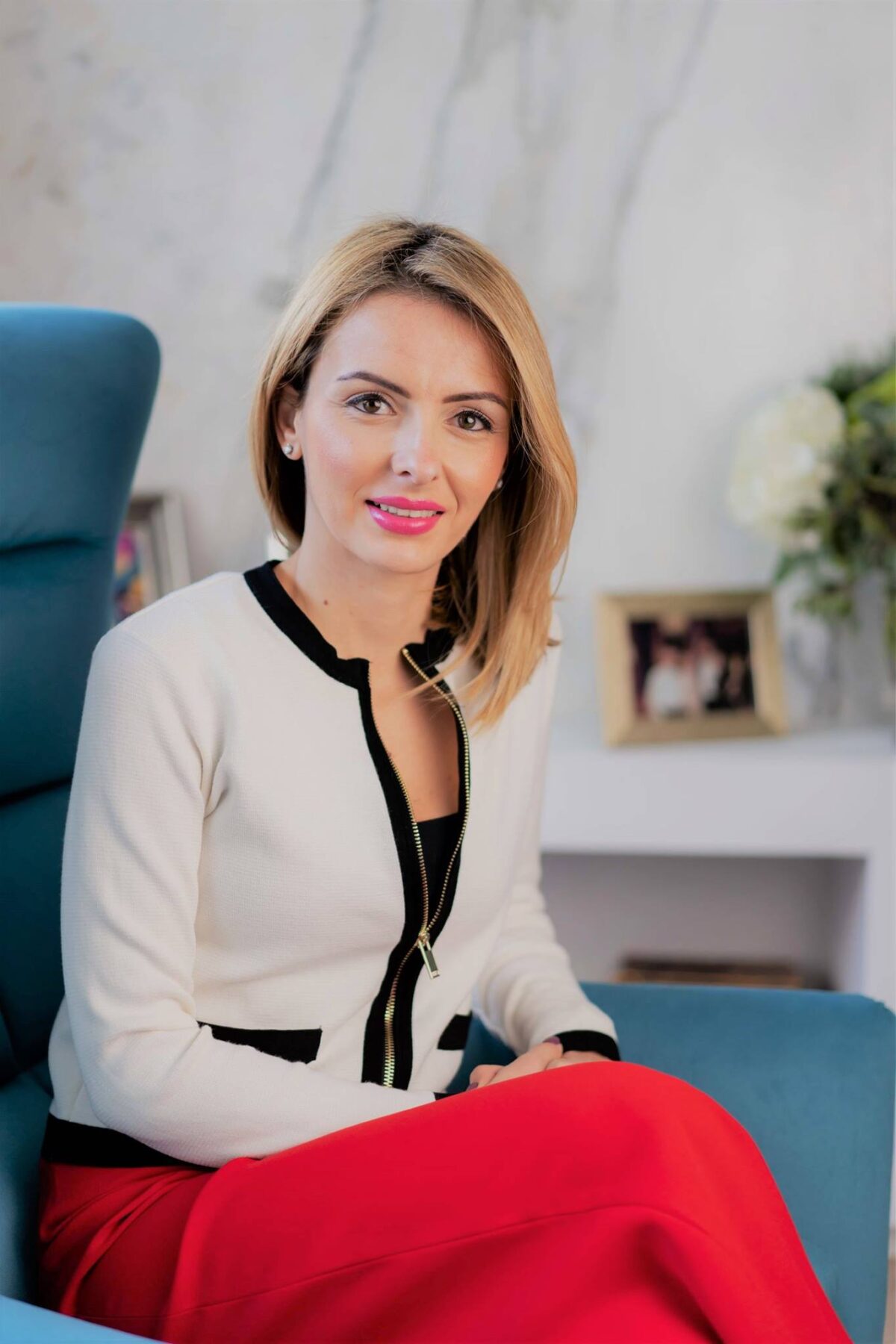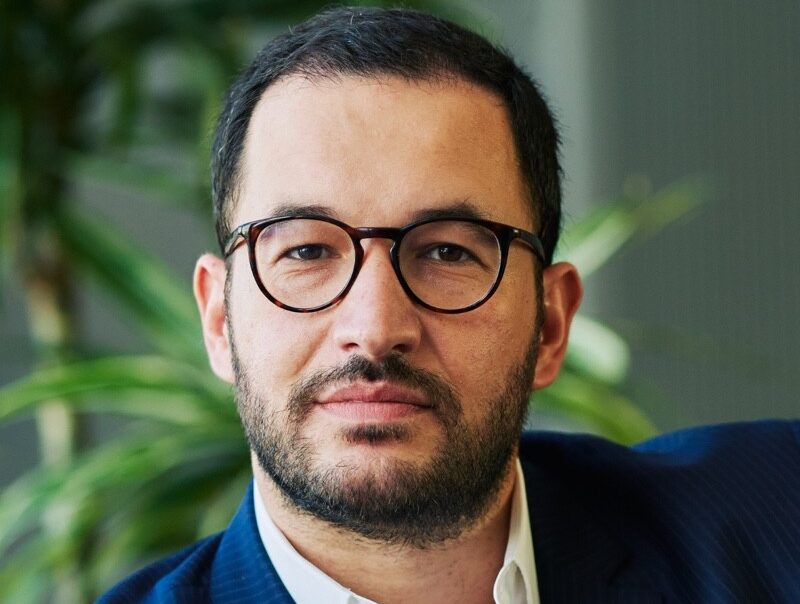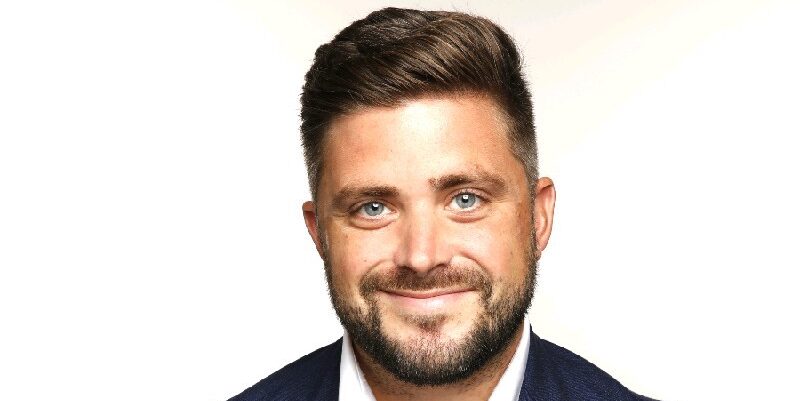Stephanie Fabri, an economist and director on several local company boards, is urging Malta’s educational authorities to align the after-school services provided in the country to EU best practices.
Among the recommendations she puts forward is a proposal to expand access and availability by not only increasing the number of after-school care centres but also extending their opening hours to cover standard work schedules.
“Services should also be available during school holidays to address year-round needs,” she adds.
Dr Fabri also stresses the need to focus on quality by enhancing staff training and diversifying programme offerings. “Incorporating STEM workshops, arts programmes, and sports activities can make these services more engaging and meaningful for children,” she says.
Speaking to MaltaCEOs.mt, the economist argues that strengthening after-school services in Malta would have far-reaching benefits for families, children, and the economy.
She is weighing in on the national discussion kicked off by a report by the National Council for the Promotion of Equality. Among other measures, the report suggests aligning school hours with work schedules to reduce pressure on parents, who may struggle to ‘bridge the gap’ between their work and parental obligations.

The proposal found support from former Nationalist Minister Tonio Fenech and new Labour MP Ramona Attard. However, the issue proved controversial, with many taking to social media to express their opposition to any measures that reduce parent-child contact time and the Opposition Nationalist Party taking a stand against extending school hours.
Dr Fabri on the other hand believes that by addressing gaps in its after-school care system, Malta can foster greater gender equality in the workplace and drive economic growth.
“Children would gain access to a safe and enriching environment that promotes academic achievement and social skills. For parents, these services would alleviate childcare-related stress, improve work-life balance, and enable them to pursue professional growth.”
The economist outlines the challenges faced by Maltese parents, particularly the mismatch between school hours and standard working schedules. “Malta’s school day ends relatively early, leaving many parents scrambling to find adequate care for their children.”
Dr Fabri continues by comparing Malta’s current system to those in other EU nations, such as Sweden, Denmark, and Finland, where after-school programs are universally accessible, highly subsidised, and integrated into the education system.
“These countries have set a benchmark for after-school care, offering services that align with parents’ working hours and provide children with enriching activities,” she explains.
Similarly, she notes that France and Germany have prioritised holistic development through arts, sports, and extracurricular activities, often funded through public-private partnerships.
Dr Fabri therefore urges Malta to learn from successful EU models. “By adopting elements from countries like Sweden and France, Malta can create a seamless and efficient after-school care system that supports both parents and children,” she concluded.
Other suggestions put forward by the economist include more public-private partnerships to fund and expand after-school programmes, suggesting that employers could play a role through corporate social responsibility initiatives.
She stresses that strengthening after-school services should be seen as a strategic investment in Malta’s future.
“By addressing current gaps, Malta can support families, promote gender equality in the workplace, and foster the holistic development of its children,” she said. “This transformation would position Malta as a leader in family-friendly policies and contribute to a more equitable and prosperous society.”
‘A nation shaped by foresight’: ROCS director reflects on 28-year bond with Dubai
Rachel Vella says strong foundations don’t weaken under pressure, but recalibrate, adapt and rise stronger.
IZI Finance plc announces second bond issue and listing on the Malta Stock Exchange
The Group’s performance is supported by a clear focus on innovation, digital transformation and operational excellence, across its core business ...
Hili Properties confirms departure of Managing Director Georgios Kakouras
Daniela Pavia continues as Interim CEO
‘A real honour’ – Co-Founder of Bracket on securing Malta Venture Capital fund investment
The company has recently raised $7 million in seed funding.









